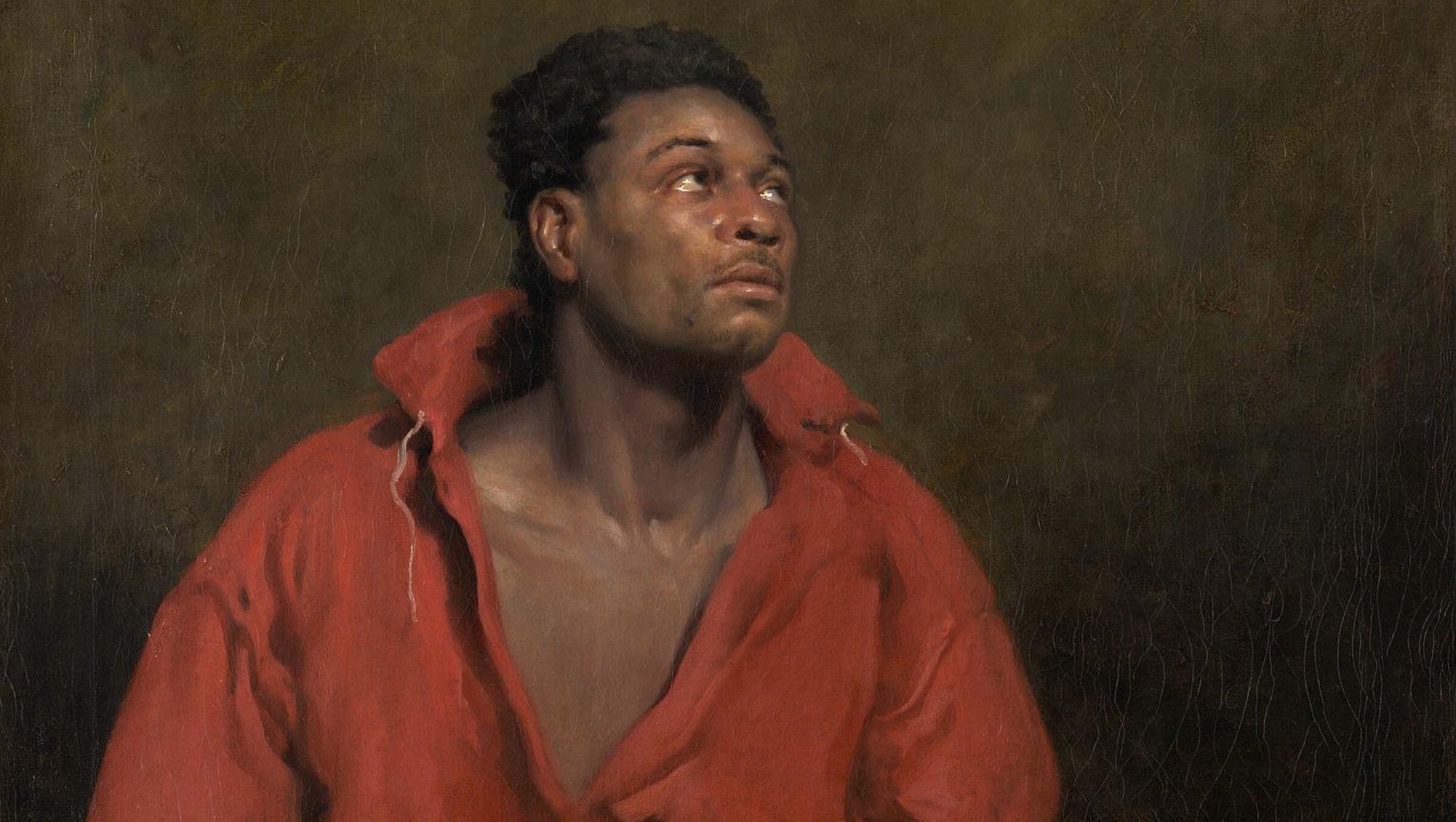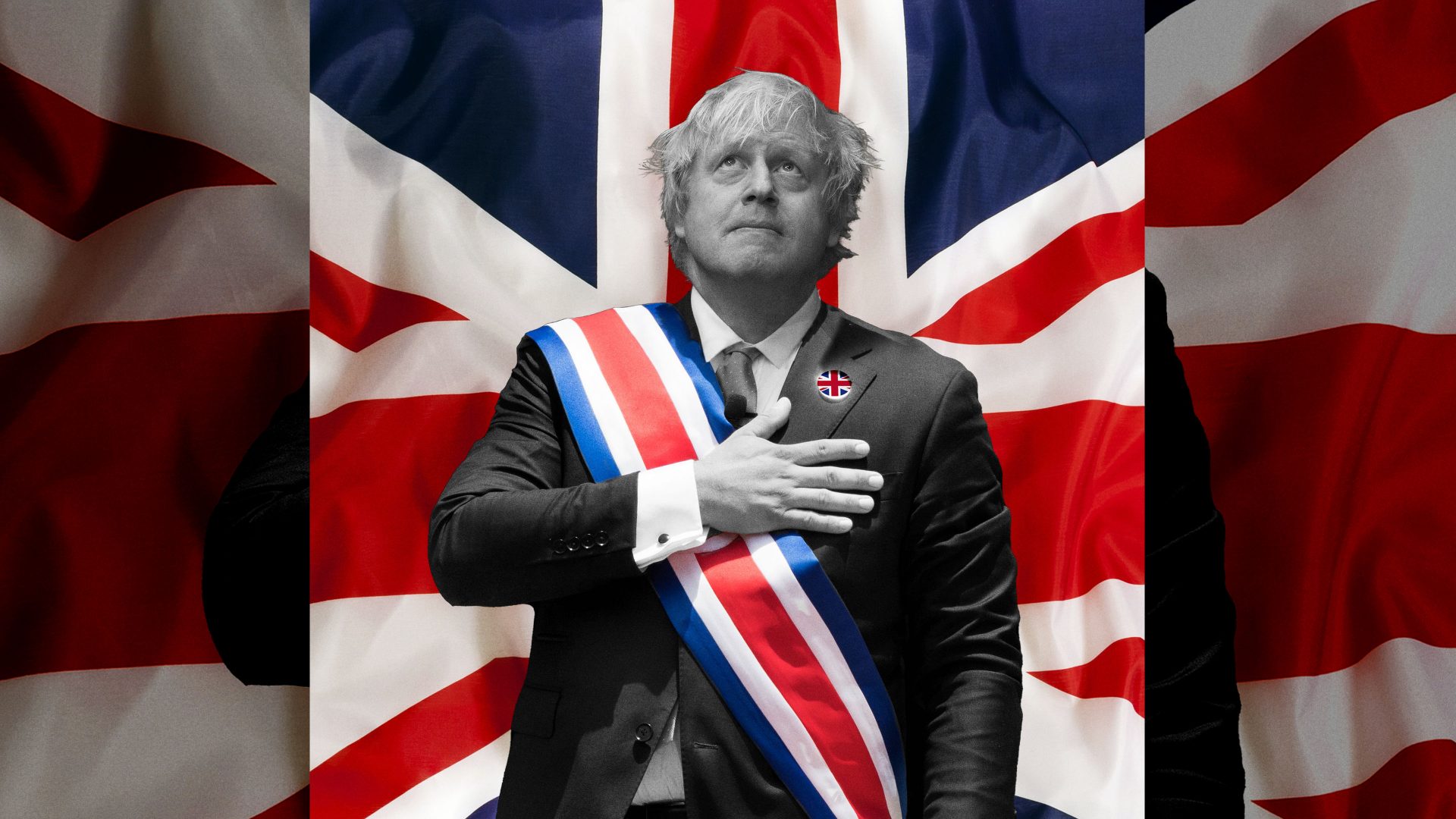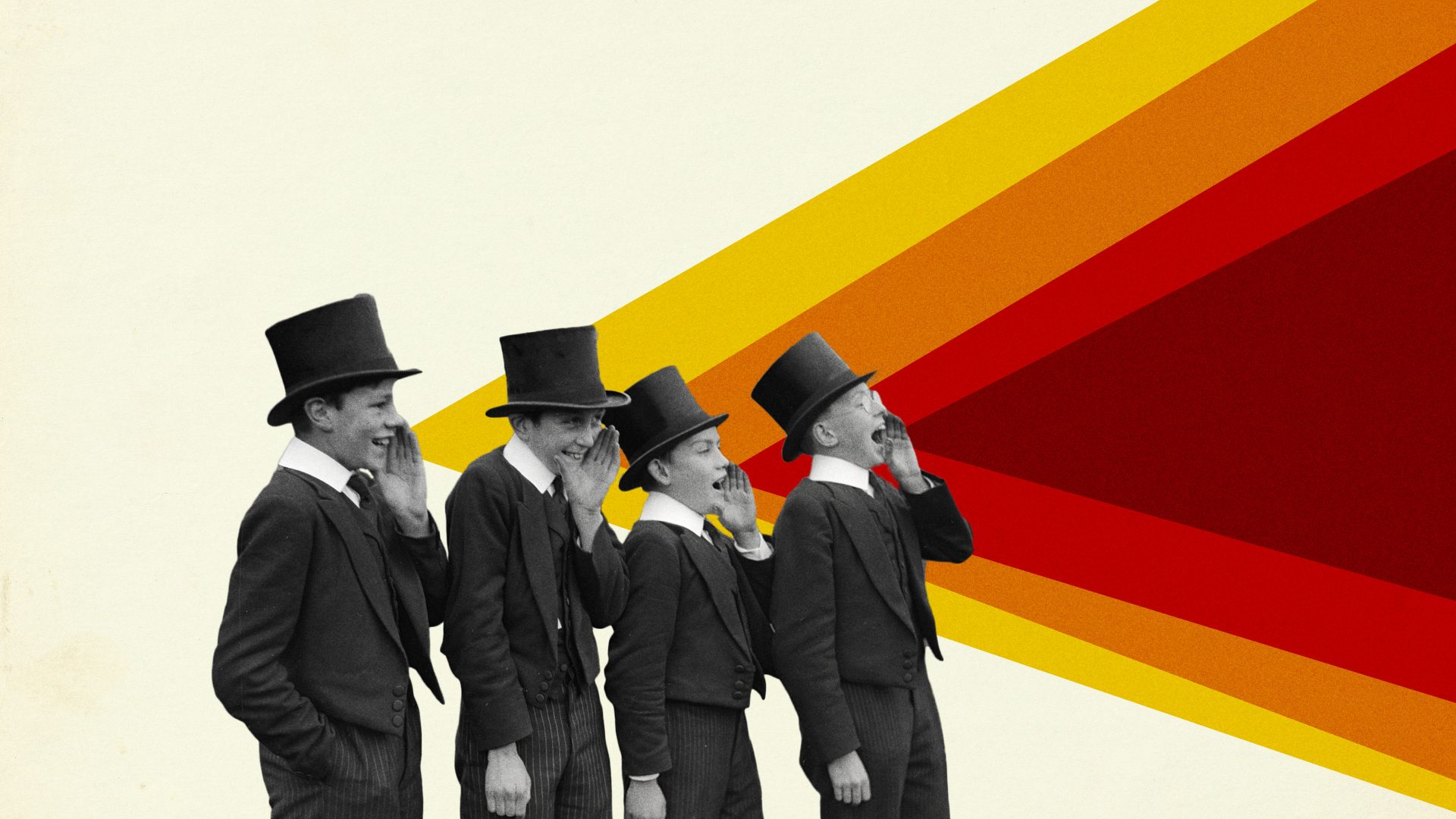In March, the former BBC America correspondent Laura Trevelyan retired from the BBC after 30 years to devote her time to the cause of reparations for slavery. Her family legally owned 1,000 enslaved Africans held on the island of Grenada in the 19th century. While Great Britain did indeed abolish the slave trade in the 1830s, it also compensated the slave owners. The Trevelyan family got the equivalent today of over £3m.
And as one Black American comedian said of our people: “The slaves? We weren’t freed. We got fired.” In other words, the formerly enslaved got nothing.
Flash forward to our time. Trevelyan and her family go to Grenada. I almost wrote “return” but none of them had ever set foot there. They did long-distance enslaving.
While in Grenada, this era’s Trevelyans donate money for an education project and give a full apology for their part in the atrocity and crime against humanity that was the Transatlantic slave trade.
The Rastafarians outside of the ceremony still say that the money is not enough. The poet inside of the ceremony orates that he would have liked to have had his ancestors switch roles with hers.
There are implications here for another family, one whose new leader will be crowned King of the United Kingdom and the Commonwealth on May 6.
It has only ever been a matter of time before the royals were confronted with the sins of their forebears, in the sense that much of the Middle Passage was done in the name of the Crown. And not only that: the family itself was /is arguably living off the legacy of slavery. Like the entire nation was, or is. More or less.
We were always going to have this reckoning about the past, among other pasts related to the royals. It would have been unseemly to have confronted the late Queen, some might say. But the new King is perfect: A new broom, so to speak. The absolutely ludicrous trip to Jamaica undertaken by William and Catherine, a visit they themselves should have known would have been considered completely out of order in these days and times, exemplifies the bubble that the family and their courtiers and advisors live in.
But don’t expect any of them to be gone anytime soon. They are a long-lived people, with lots of kids, in-laws, all potentially supplying a cornucopia of various stories and escapades for generations to come.
Many people think the game should stop; that the whole institution should be abolished. However the British, in my observation, are not like the French. You are not an innately revolutionary people. You do not storm the barricades.
Much better to renovate, remodel the royals with every generation. And the family more or less, bends to fit a shape. Just as George V did late in the first world war when he realised that the family name was the same as that of the German bombers strafing London. So out went the Saxe-Coburg-Gothas. And in came the House of Windsor.
Like many, I thought that a page had been turned with this family, a new chapter begun with the entry of Meghan Markle. Descended from enslaved Africans, trafficked people stolen from their place of origin to fuel an empire and feed the twin addictions of sugar and tobacco; I thought it would be she who would light the path to the truth and the facts of slavery and Great Britain.
I covered the wedding for CNN, ensconced in a glass tower over the winding drive from Windsor Castle. It was a glorious May day, like something in a movie, and Meghan even looked up at us because she recognised Anderson Cooper. We all waved and she waved back. Later I walked the grounds of the castle, where Meghan had asked to be planted the most sweet-smelling flowers.
There were fireworks over the water and a DJ spinning for the guests inside. But I soon knew that it would not work. I don’t mean the marriage. But the natural reckoning of her. Her heritage. There are not too many places where the nation did not benefit from the transatlantic slave trade, either directly or indirectly. Lloyds of London was founded, in part, to protect ships against onboard revolts. They provided compensation under the quaint name “insurrection of cargo”.
London, Bristol, Liverpool all benefited directly from the slave trade. Manchester used the American South as one of its sources for cotton, and everything spun, so to speak, off of that.
My last name is the name of the man, probably from Ulster, who owned my father’s people. It is not my real name. Whatever “real” means within that Great Void that my ancestors faced tied down on the good ship No Return.
Of course, the royal family should make reparations, as should many corporate and civic entities. Why should it stop with them?
And above all, even when all the gold is on the table, there is one thing that reparations cannot heal: Trauma. The trauma of the capture, the ocean crossing, the sale, the beatings, the near-starvation. The death. All of it.
And this trauma is intergenerational, handed down; sometimes fashioned into art and culture; but too many times turned into harm and self-harm. How do reparations repair these? Because if it is all about guilt and shame, then we cannot move forward. We cannot honour our ancestors, either.
To me, one of the greatest contributions to going forward, to maybe finding a real reparation – a real repair – will lie in the lives of the most incredible result of the wedding of Meghan and Harry: their kids.
By lineage, they are two of the most remarkable people ever born. On their mother’s side: they are descended from enslaved Africans. On their father’s side, they are descended from just about every royal house that ever existed.
I hope that they are brought up, not just as Princess Lilibet and Prince Archie, but as two people who recognise and understand the bridge that they can be. Maybe the healing that they can be, too.
So through absolutely no effort on his part, Charles the King may have given us a gift towards healing, in the end, our common humanity: His grandchildren.




